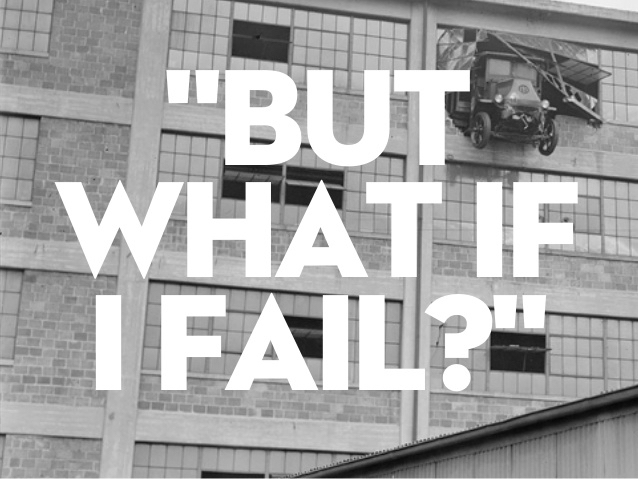
An executive in a Fortune 500 company is put in charge of a new product that completely fails. Afterward, he meets with the CEO certain it is his last day at work. He makes no excuses and says, “I realize due to this failure you’ll be wanting me to step down.” To his shock, the CEO exclaims, “Are you kidding? We just invested millions in training you to be a better executive.”
I’ve been unable to confirm the veracity of this story, but it is a good business folktale in any case. The message is clear: failure is a necessary part of growth and development on the journey to success.
Consider these verified stories:
Thomas Edison made 1000 unsuccessful attempts before successfully inventing the light bulb. (Aren’t you glad he didn’t stop at 999!)
Henry Ford went bankrupt twice in failed businesses before he succeeded with the Ford Motor Company.
JK Rowling was rejected by 12 publishers for her story about a boy wizard before a small publishing house accepted it. The series has sold 450 million worldwide.

Walt Disney was fired from a newspaper because “he lacked imagination and had no good ideas.”
Michael Jordan’s story is perhaps my favorite. “I’ve had 9000 missed shots in my career. I’ve lost 300 games- 26 times I’ve been trusted to take the game-winning shot and missed. I’ve failed over and over and over again. That is why I succeed.”
What is the key to their success?
“When it comes right down to it, I know of only one factor that separates those who consistently shine from those who don’t: The difference between average people and achieving people is their perception of and response to failure. Nothing else has the same kind of impact on people’s ability to achieve and to accomplish whatever their minds and hearts desire.” John Maxwell from Failing Forward
Mindsets that keep us living in the fear of failure:
- If I am talented enough and smart enough, I should succeed at my first attempt.
- If I fail, it means it is the wrong thing for me and I need to move on.
- If I fail, people will not believe in me.
- If I fail, in this one thing, I will lose everything.
- If I fail, it proves what others have said I couldn’t do.
- If there is not a high degree of certain success, it is not worth my effort.
“Fail early, fail often, but always fail forward.” John Maxwell
Develop a mindset that embraces failure as your friend.
- My ability to problem solve and grow in persistence are strengthened when I fail.
- Failures supply evidence of what does not work so I can discover what does.
- I gain valuable life experience and wisdom from failure to avoid future problems.
- Failures will help make me a better leader.
- Small failures often lead to forward progress in my significant endeavors.
- I will take risks based on the value of my purpose and goal and not the fear it generates.
“The better a man is, the more mistakes he will make, for the more new things he will try.” Peter Drucker
Big Idea–
We learn and improve from our failures and disappointments more than from our successes.
Coaching Exercise:
Write down one key failure or disappointment from the past year.
What are the potential lessons they can teach you?
Write down the key lesson you take away.
Write down a guideline/ advice to yourself from this.
If you have a story of failing forward, I would love to hear from you.